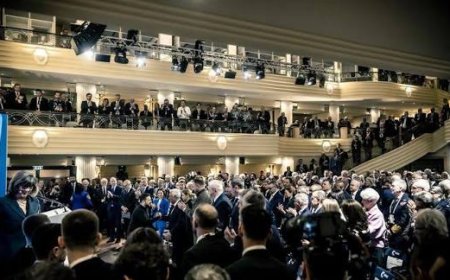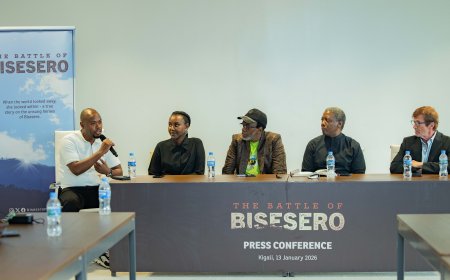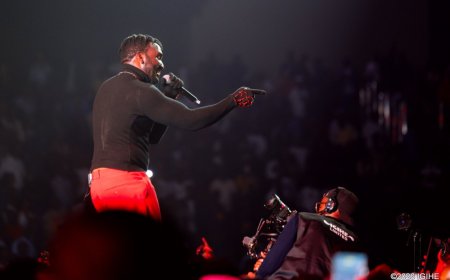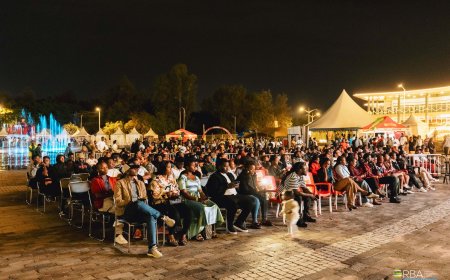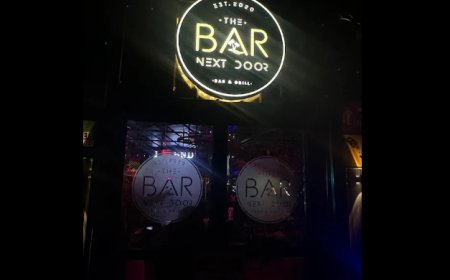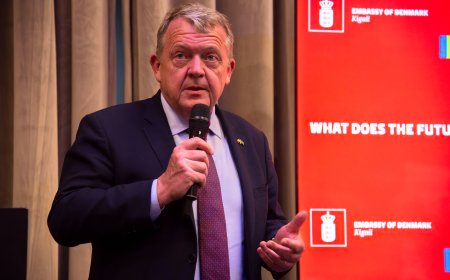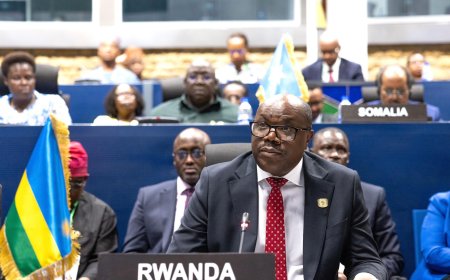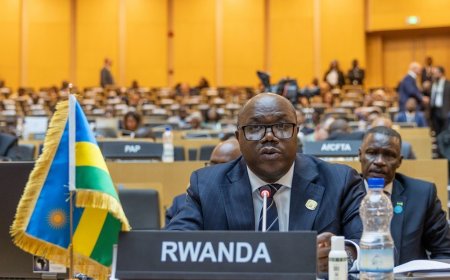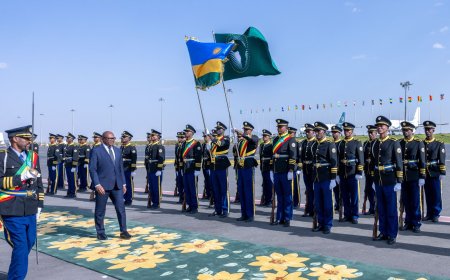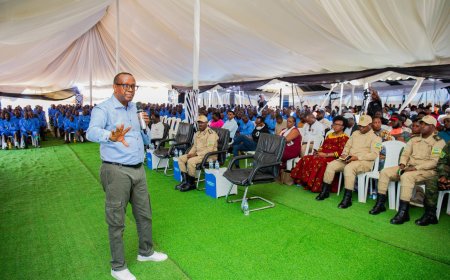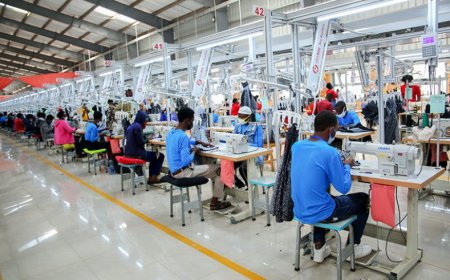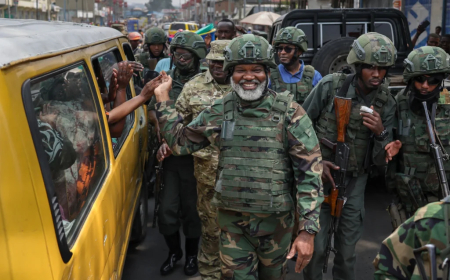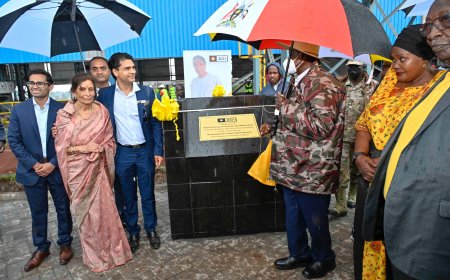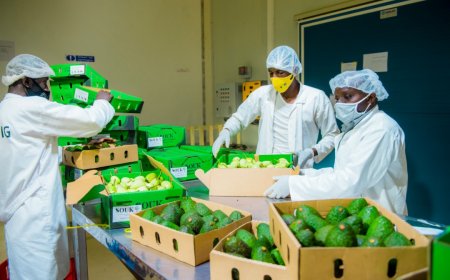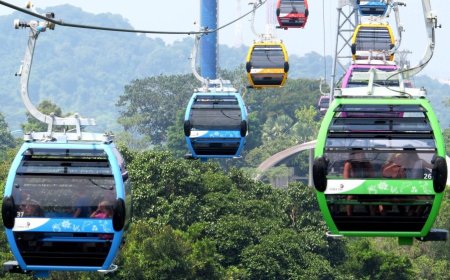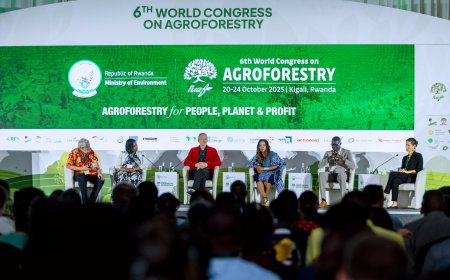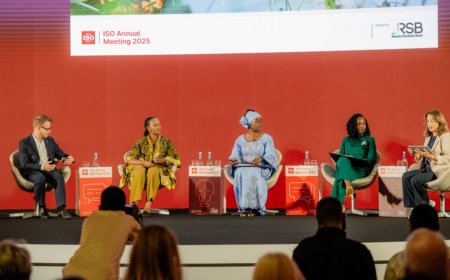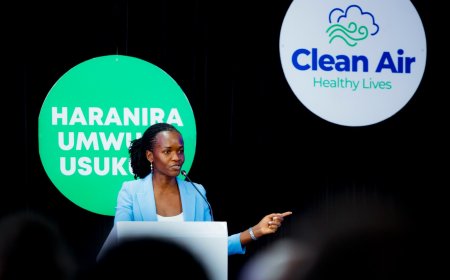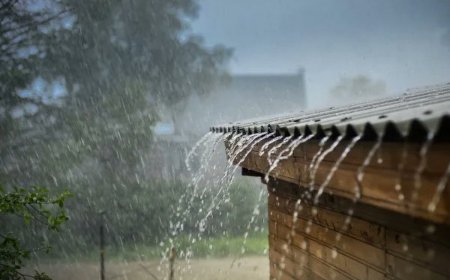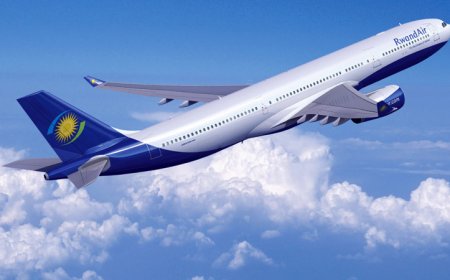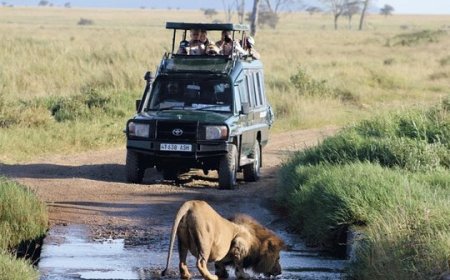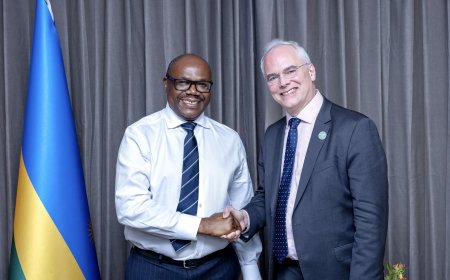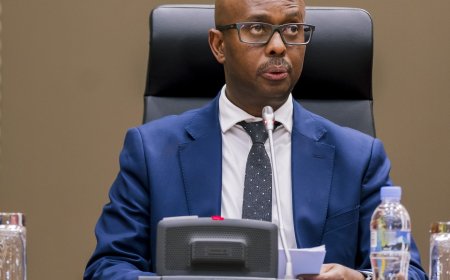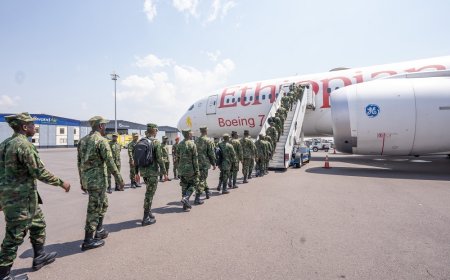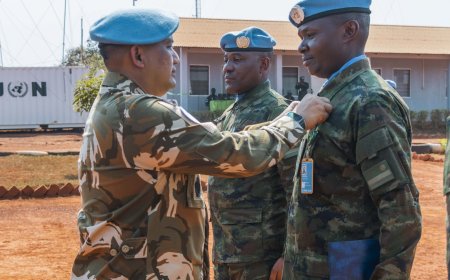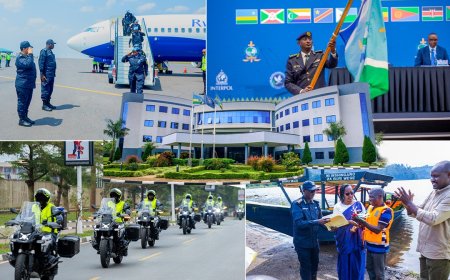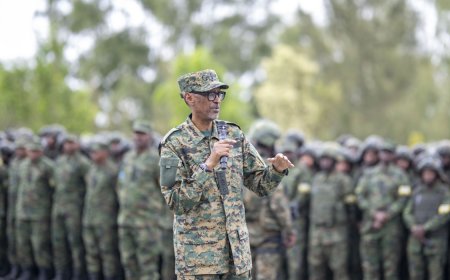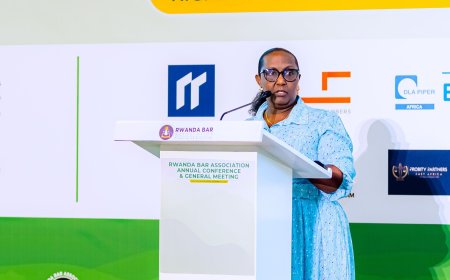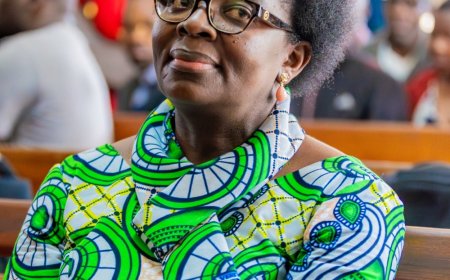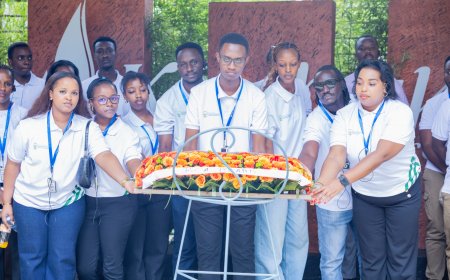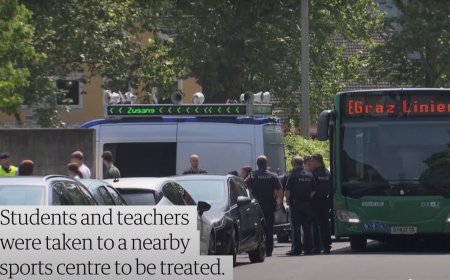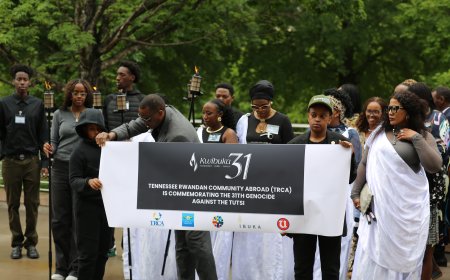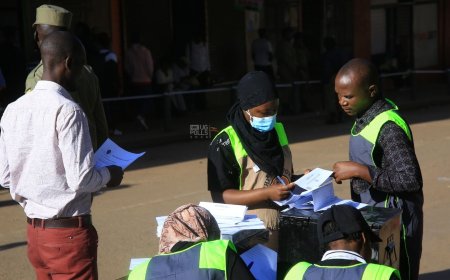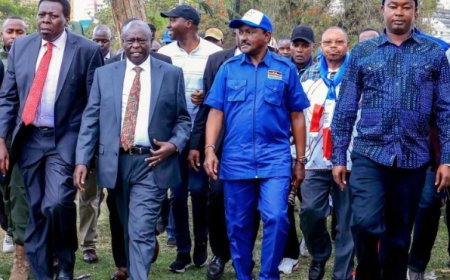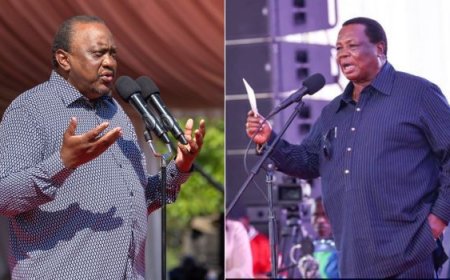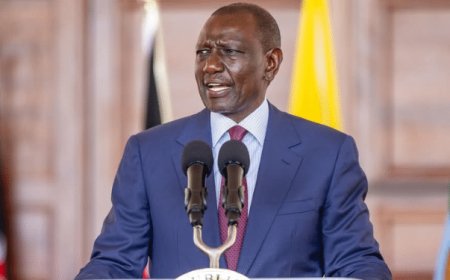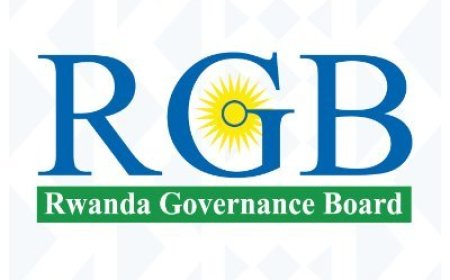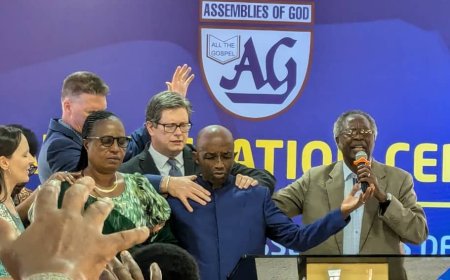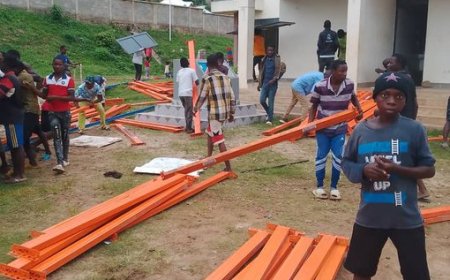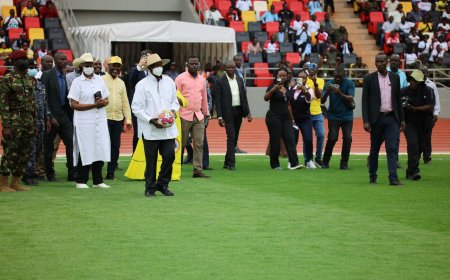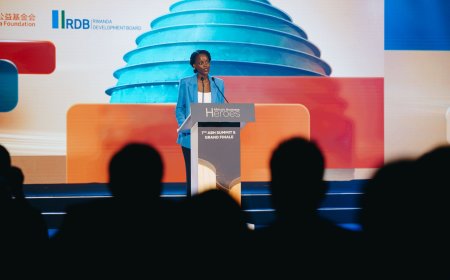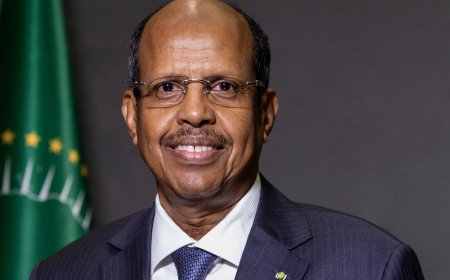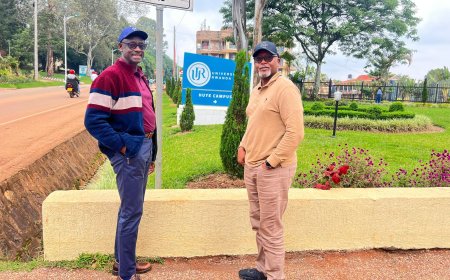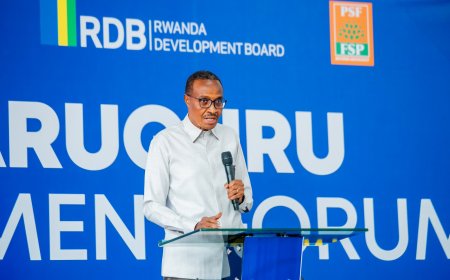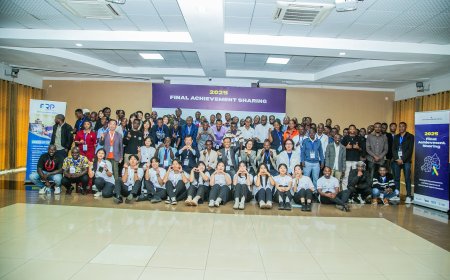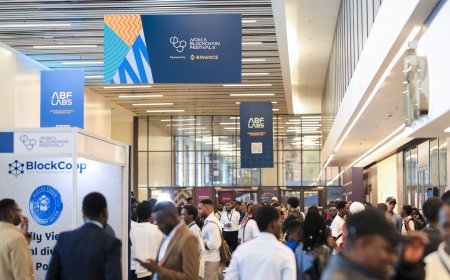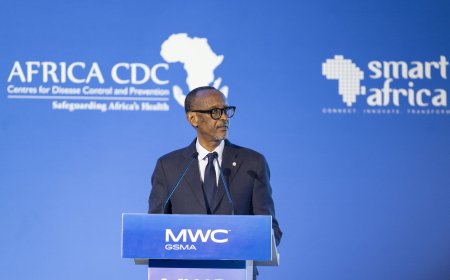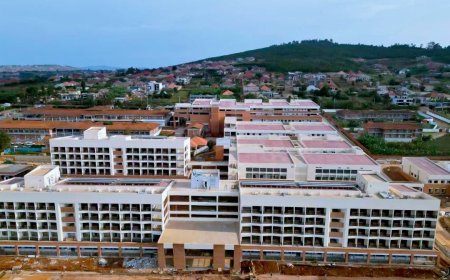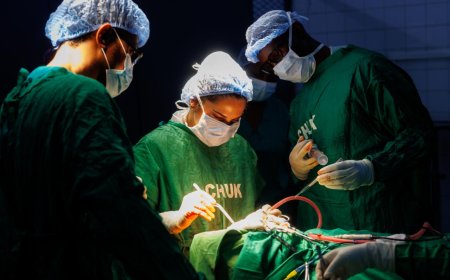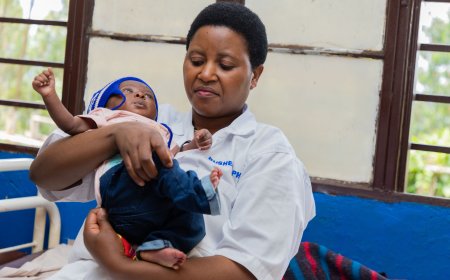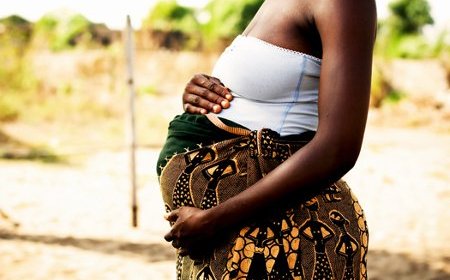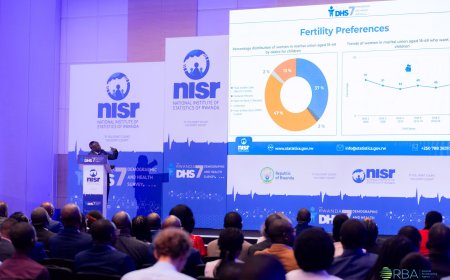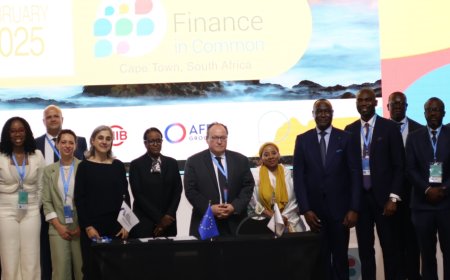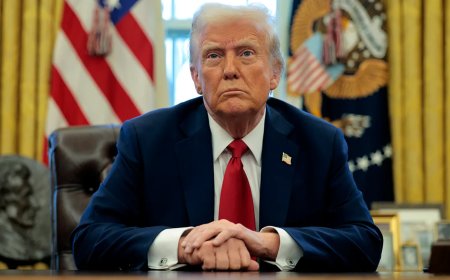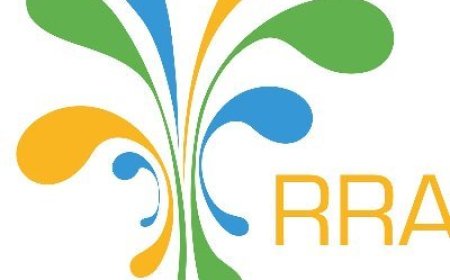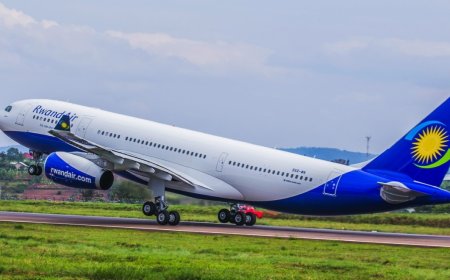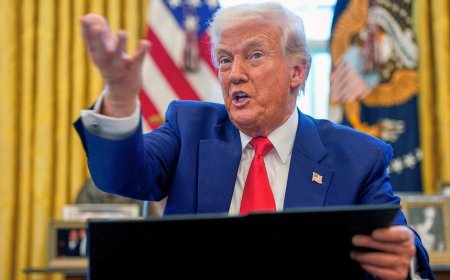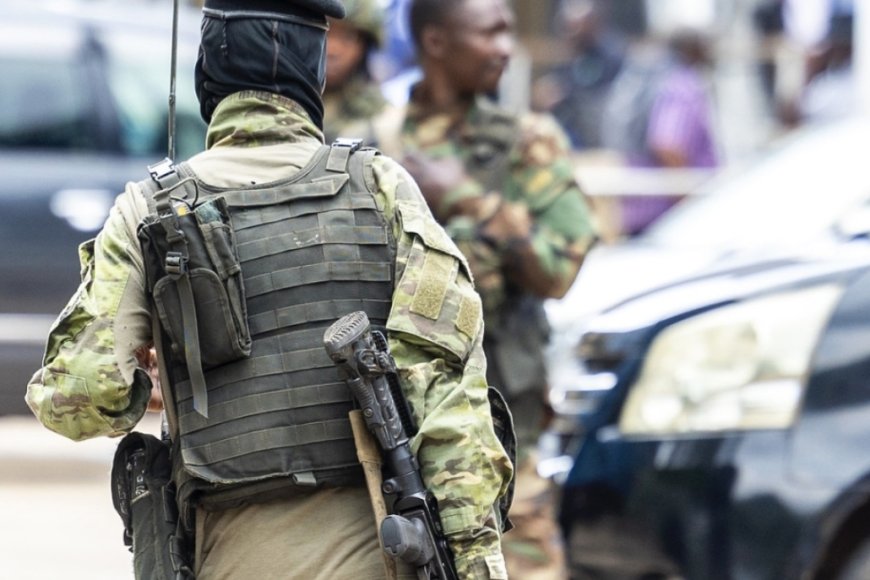
DR Congo crisis: Walikale and murderous militia strongholds are taken by M23 rebels, according to reports
According to reports, the Alliance fleuve Congo (AFC/M23) rebellion has continued to advance in eastern Democratic Republic of the Congo despite Western sanctions, taking control of the town of Walikale in North Kivu Province late on Wednesday, March 19.
On January 27, the rebels took control of the town of Walikale, which is located roughly 130 kilometers northwest of Goma, the provincial capital of North Kivu. The rebels have advanced so quickly this year that it is the furthest west they have gone. For many years, Walikale has served as a stronghold for the FDLR, a terrorist group located in the Democratic Republic of the Congo that was established in the middle of the 2000s by the surviving leaders of the 1994 Rwandan Genocide against the Tutsi.
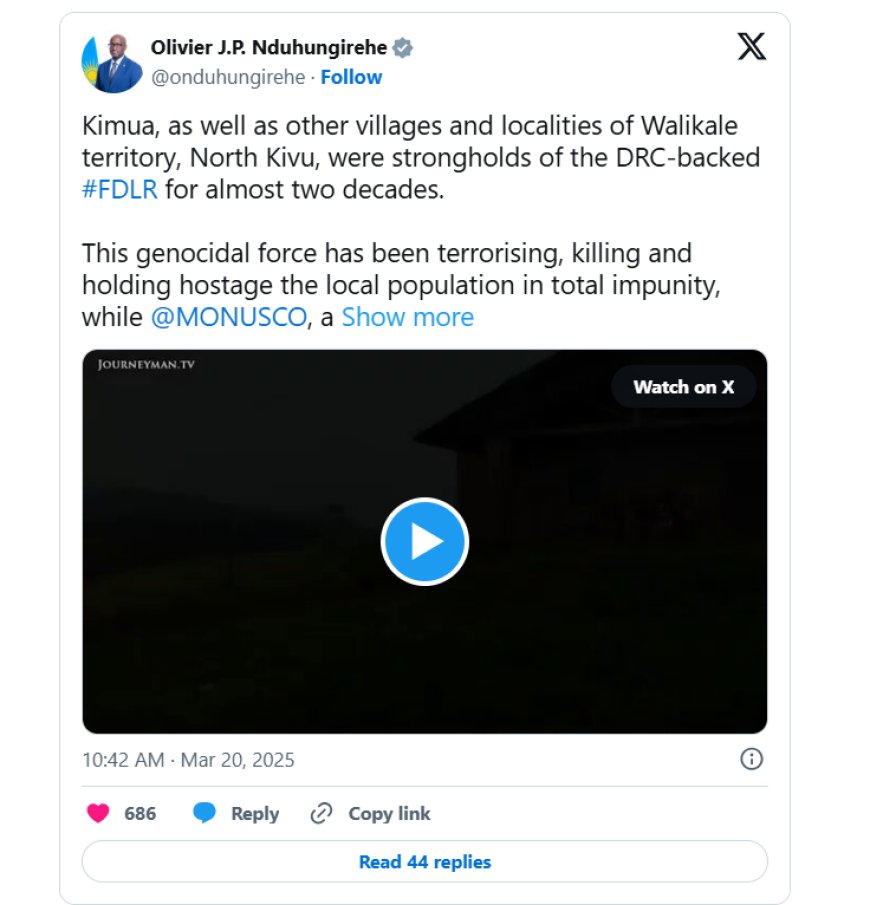
By incorporating the group's members into the ranks of its national army, particularly the elite presidential guard brigade, the Congolese government has purposefully downplayed the existential threat posed by the genocidal militia, whose deadly ideology has wreaked havoc across the nation and the Great Lakes region.
For the Rwandan genocidal militia, Walikale served as a crucial commerce center. Gaston Iyamuremye, also known as Byiringiro Victor Rumuli, 77, the president of the genocidal militia, had his major headquarters in the area where many genocide fugitives are thought to have flourished. Some might have been captured due to the rebel advance in the area, while others were compelled to flee and move farther inland in different directions.
Walikale territory, the province's largest, is bounded to the north by Lubero territory, to the east by Rutshuru and Masisi territory, to the west by Tshopo and Maniema Province, and to the south by South Kivu Province.
The murderous militia reportedly controlled primarily remote forests and mining sites that were manually and illegally exploited under its own system of government.
In 2021, the most recent conflict between the M23 rebels and the Congolese army coalition began.
M23 is currently a member of the Alliance fleuve Congo (AFC), a broader and steadily expanding rebel group that was established in December 2023.
Following an awareness-raising drive by the new leaders of North Kivu Province, up to 100 young people from Bweremana, in the Bahunde chiefdom of Masisi area, "expressed their desire to join" the rebel movement on Tuesday, March 17.
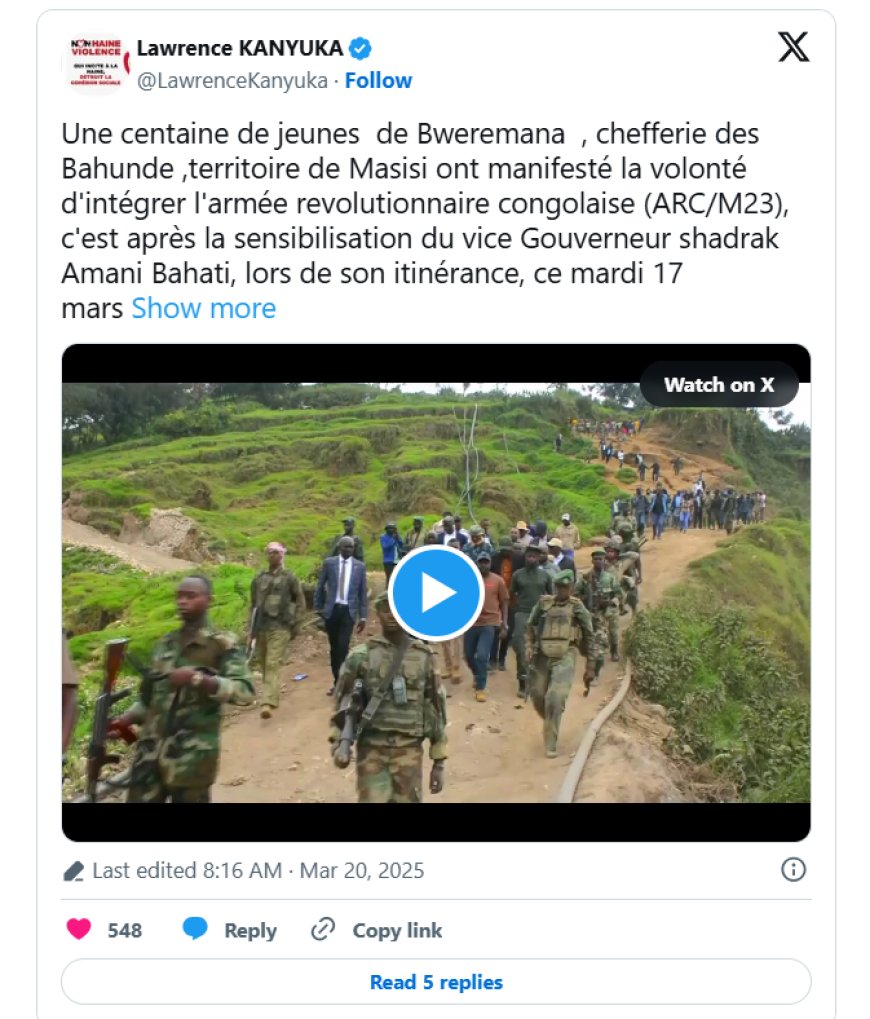
While fighting the AFC/M23 rebels, a large coalition of Congolese troops, including hundreds of European mercenaries, the Rwandan genocidal militia, a group of Congolese militias called Wazalendo, thousands of Burundian troops, South African-led SADC forces, and UN peacekeepers, have made matters worse.
Alliance fleuve Congo is fighting for government that upholds fundamental human rights, protects all Congolese residents, and tackles the underlying causes of conflict under the leadership of Corneille Nangaa, a former chairman of the country's national election commission. Among other evils that are pervasive in DR Congo, the insurgency has pledged to eradicate corruption, nepotism, tribalism, and the FDLR's philosophy of genocide.
Large tracts of land were liberated in January as the rebels swiftly spread throughout the provinces of North and South Kivu.
After intense combat brought on by the Congolese army coalition's persistent violations of a previously agreed-upon ceasefire, the rebels took Goma and reinstated order there on January 27.
The rebels once more reacted when the security situation in South Kivu worsened due to allegations of violence, looting, and atrocities spread by the Congolese army coalition. On February 15, they took control of the important airport of Kavumu before pushing south to seize the regional capital, Bukavu.
See also: Civil society in Rwanda worries that Western sanctions will "exacerbate conflict."
Citing interference by Western nations, particularly the EU, led by Belgium, and some international organizations, the rebels withdrew Monday from previously planned direct peace talks with the Congolese government in the Angolan capital, Luanda, on March 18. They claimed that these entities were "deliberately working to sabotage peace efforts" in DR Congo and prevent the long-awaited talks.
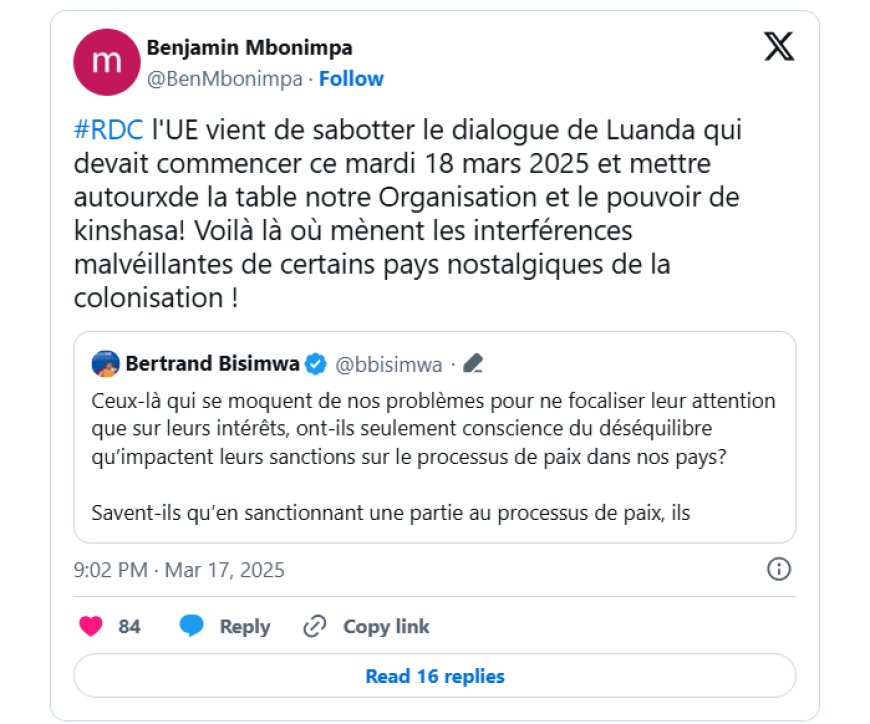
"The successive sanctions imposed on our members, including those adopted on the eve of the Luanda discussions, seriously compromise direct dialogue and prevent any progress," stated rebel spokesperson Lawrence Kanyuka.
"The EU has just sabotaged the Luanda dialogue, which was supposed to start this Tuesday, March 18, 2025, and bring our organization and the power of Kinshasa around the table," stated AFC Executive Secretary Benjamin Mbonimpa. This is the result of some nations' malevolent meddling motivated by colonial nostalgia!

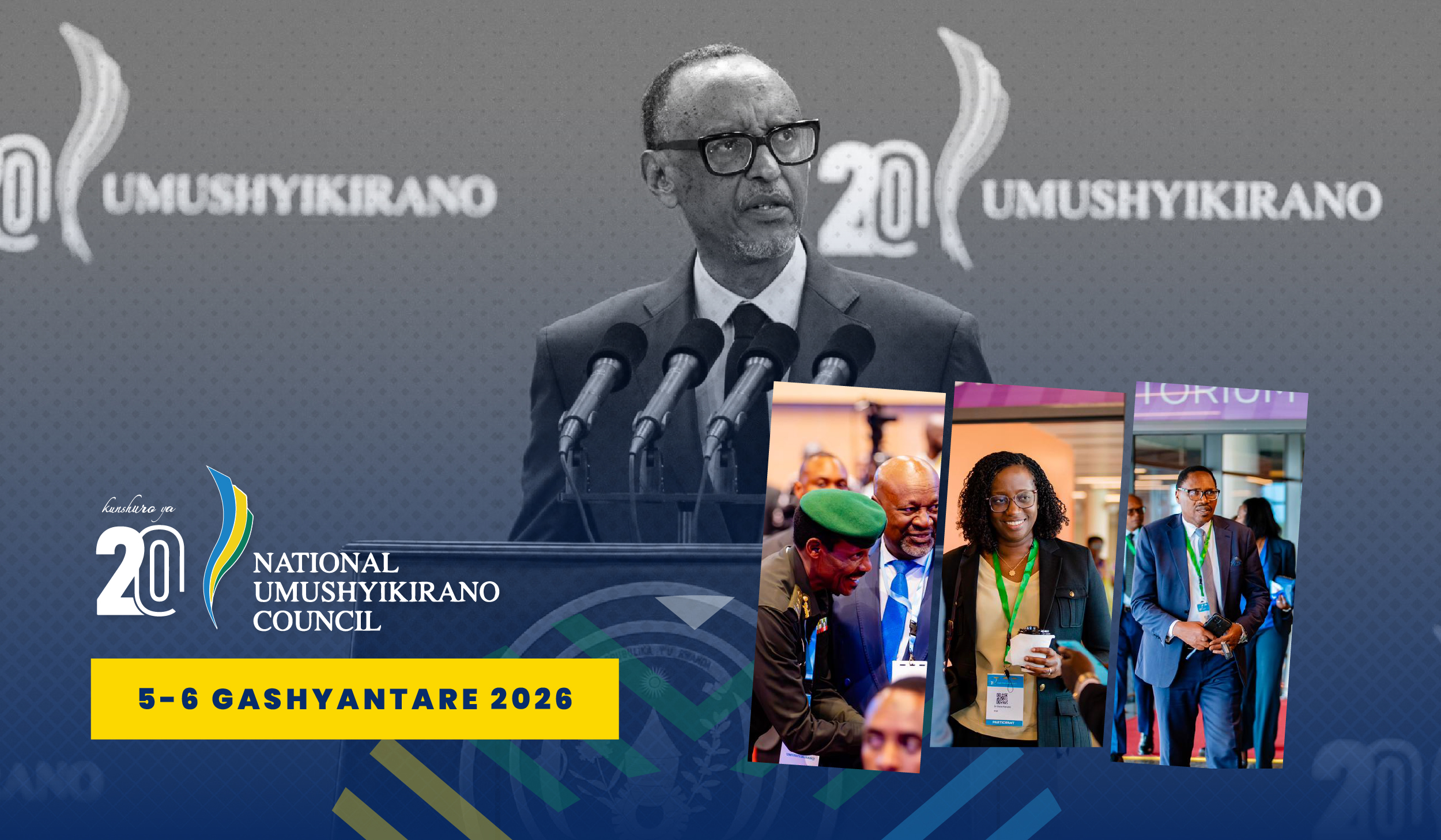
 Kinyarwanda
Kinyarwanda
 English
English
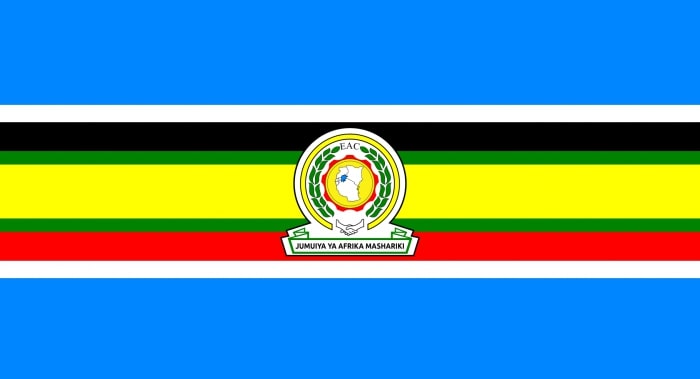 Swahili
Swahili
